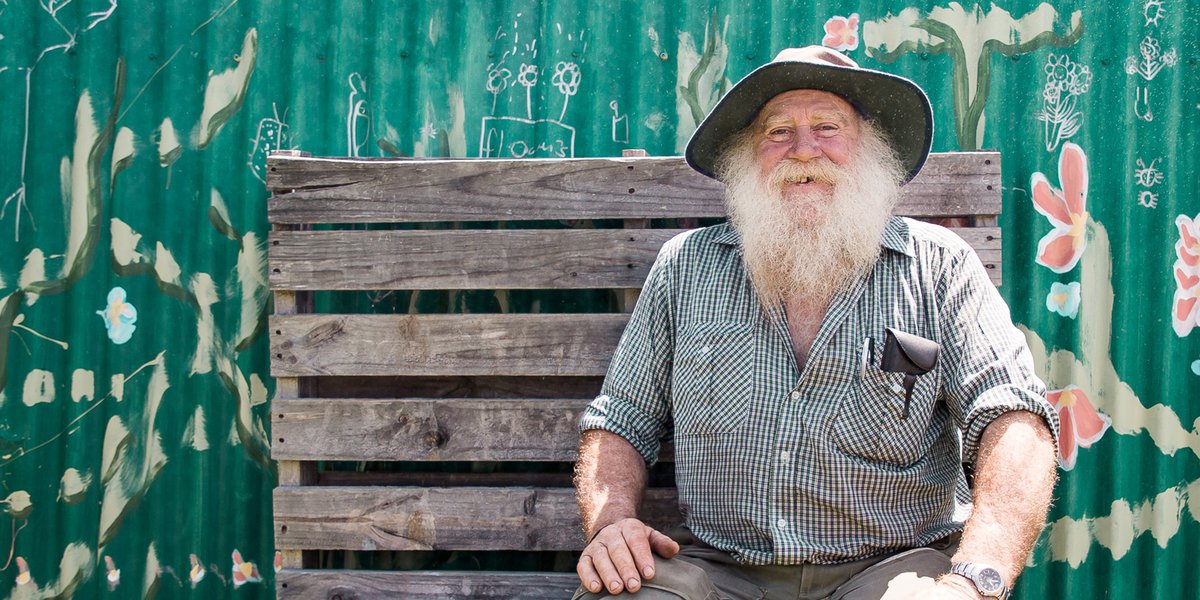Bill McHenry
"Literally I fell in love with [the idea]. Having my own whisky, starting afresh, being able to have a legacy – a gift – for my family if we could be successful."
"Most of the people I went to had a rare honesty, I think, in telling me how bad some of my early recipes were. I think the harsh criticism can be necessary. Having people tell me the absolute truth was genuinely gold."
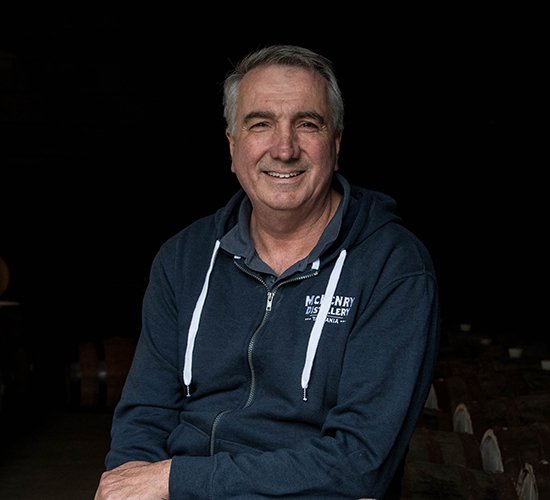
“I had been working in a corporate setting for probably 25 years. After working for the man, working for the boss, I wanted my own business.
The modern age of employment is not certain. I’d been made redundant a couple of times. I had worked for big multinational corporates. They restructure, they get taken over, you lose your job.
As much as you’re loyal and committed to a business it’s also very transient. Plus I wanted a legacy for my family. I’d grown up in South Australia. We were surrounded by those wonderful wineries that were established in the 1800s and early 1900s. Now they’re celebrated all over the world. There was a romantic element in me, essentially wanting our product – our brand – having the same reach.
To be able to walk into a bar in London and to see my gin or whisky on a shelf, I just dreamed of that.
I was having a conversation with my neighbour in Sydney after a pretty tough board meeting. And he came up with the idea. With a name like William Fraser McHenry you should learn the bagpipes and make whisky. Literally I fell in love with it. The idea of having my own whisky, starting afresh, being able to have a legacy – a gift – for my family if we could be successful.
With whisky, ingredients are crucial. The best products are made of the best ingredients. What goes into whisky? It’s water, it’s grain, it’s yeast. Tasmania has some of the best barley in the world, malting barley, the kind we need for whisky.
Having grown up in Adelaide, where every second year was a drought, where you jump in the bath and the water is dirty before you get in, where it tastes like something that shouldn’t be water, I thought: where do I go for the purest source of water? Tasmania. The climate, the barley, the water… it parallels Scotland.
Surprisingly, that was all done despite not knowing there were a couple of little distilleries up and struggling away, beginning to thrive.
Mainlanders were disbelieving. Most people, when I told them about my ideas they thought I was batty. They thought I was nuts. Fifty years old, moving the family Interstate, starting up a new business from scratch. Essentially hocking the house to start the business. They asked me what I was doing. Why would I do this?
But I was committed and I had the support of the family.
I went to a trade show: wall-to-wall scotch, a little bit of Japanese whisky, and in the corner there was one Tasmanian distillery. You talk to the punters and at that time they thought Australian whisky was a bit of a joke, a bit of a sideshow. It really wasn’t ever going to compete with the big players.
And boy were they wrong.
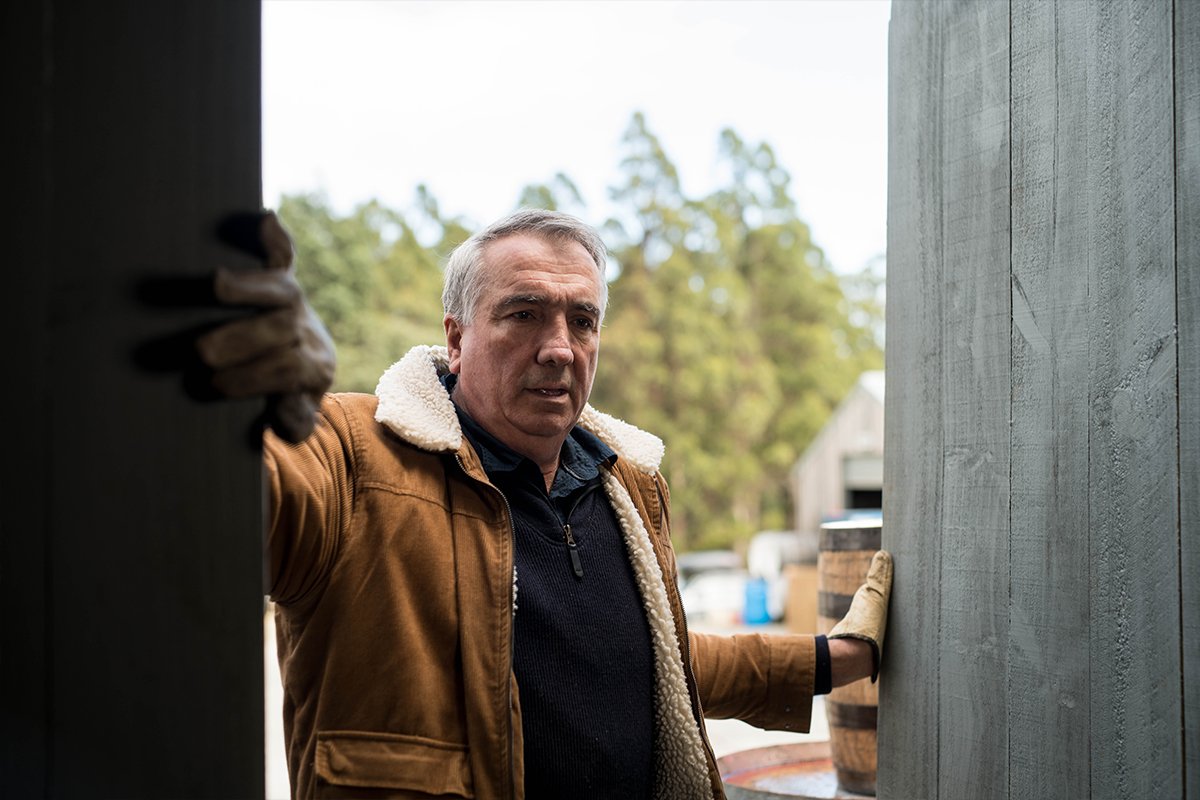
First, the family did a lap of Tasmania. Part of that sojourn was Port Arthur. It was one of those days where the weather was just perfect. The green down at Port Arthur never seems to fade. It’s always raining. Yet the blue sky was out, with a few puffy clouds, and I remember thinking: this is just the most gorgeous piece of country in the world. There was no wind, about 21 degrees. If it’s like this more than one day a year, I could live here.
New businesses always struggle with credibility. We’re lectured to by the advertising and marketing industry that the big established brands know how to do it. The little guys maybe don’t understand. So it was a battle of credibility. We were fortunate that we had some big wins in competitions.
Most of the people I went to had a rare honesty, I think, in telling me how bad some of my early recipes were. I think the harsh criticism can be necessary. Having people tell me the absolute truth was genuinely gold.
As for support and encouragement and acceptance, you couldn’t ask for better. Bill Lark imbued in the industry a willingness to share and cooperate. On the whole, all the Tasmanian distilleries lean on each other. Thoughts, time, feedback. It needed critical mass, the only way they were going to be successful was to help others be successful, so they were open and willing to help.
I never felt any barriers to what we were doing. Locally, the councils were really helpful. Neighbours were lending me gear. The community wanted to come and check us out. Tasmania, as a small-ish place, really embraced us.
When we decided to come to Tasmania 15 years ago we were like the trout going upstream. The population was draining from Tasmania. Now it’s the other way around, all these people from Melbourne and Sydney wanting to be a part of this. It’s a 180-degree reversal.
I think Tasmania has developed its own sense of confidence. It’s not big and bold and brash. It’s more subtle, more humble.
We’re still accessible. Our businesses are medium to small. When you visit an establishment it’s actually the makers, the distillers, the brewers. It is the people getting up at six in the morning, turning on the stills. It’s part of that trend to understand where our food is coming from, where our clothes are coming from. Tasmanians are genuine, they’re honest, they’re hard working.
As for success, I would be so delighted if one or both of my daughters came back into the business. To think it could carry on with the next generation, that would be success for me. If my dream could intersect with theirs I would die a happy man.
Then again: the world’s best whisky? That wouldn’t be bad.”
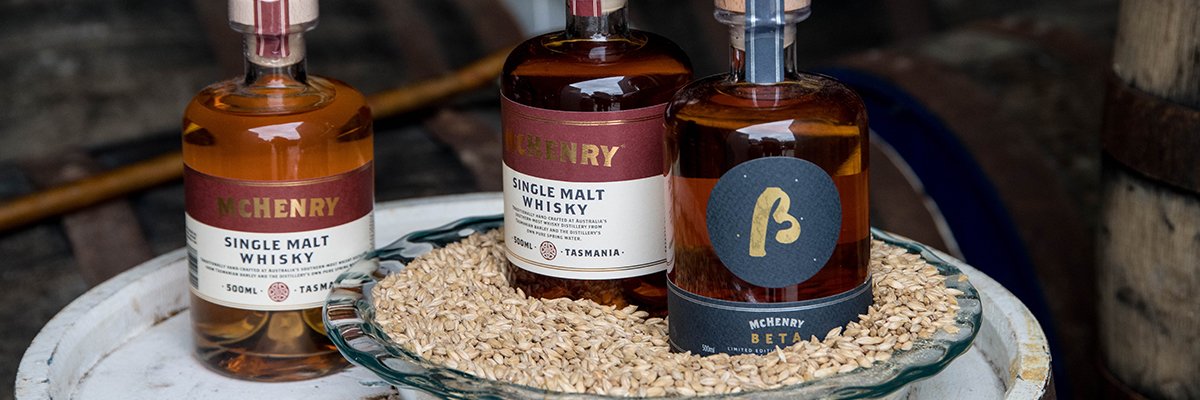
Bill McHenry is one of 18 Tasmanians featured in our short film about the Tasmanian story. Bill’s scene was filmed at his property, McHenry Distillery, on the Tasman Peninsula.
Hear about more Tasmanians
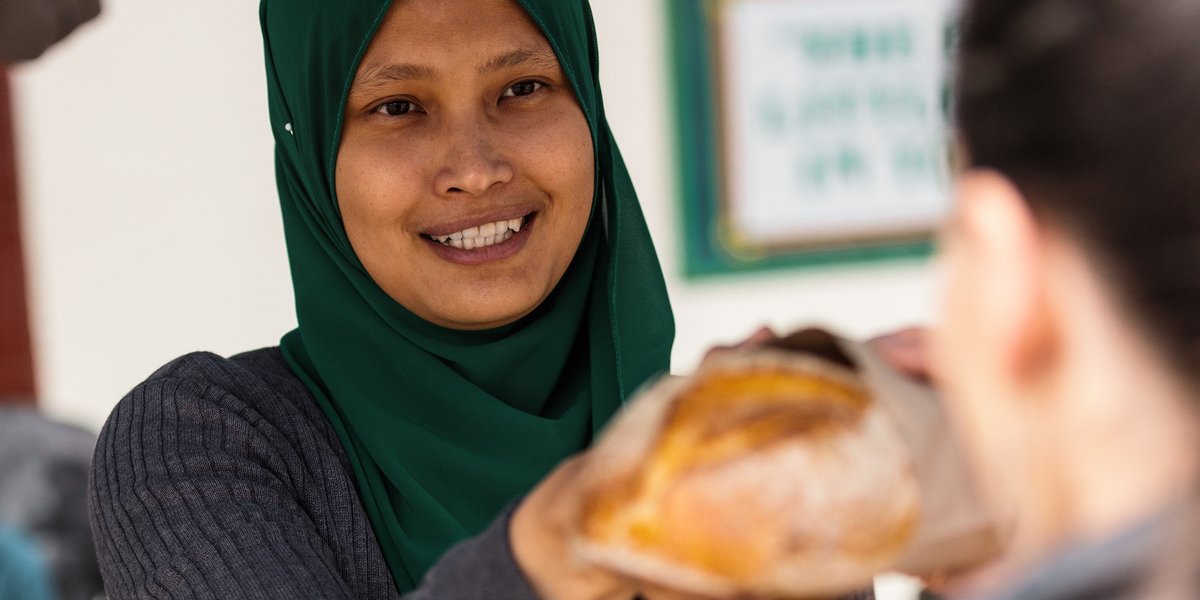
Nurul Mohd Noor and Corey Newton
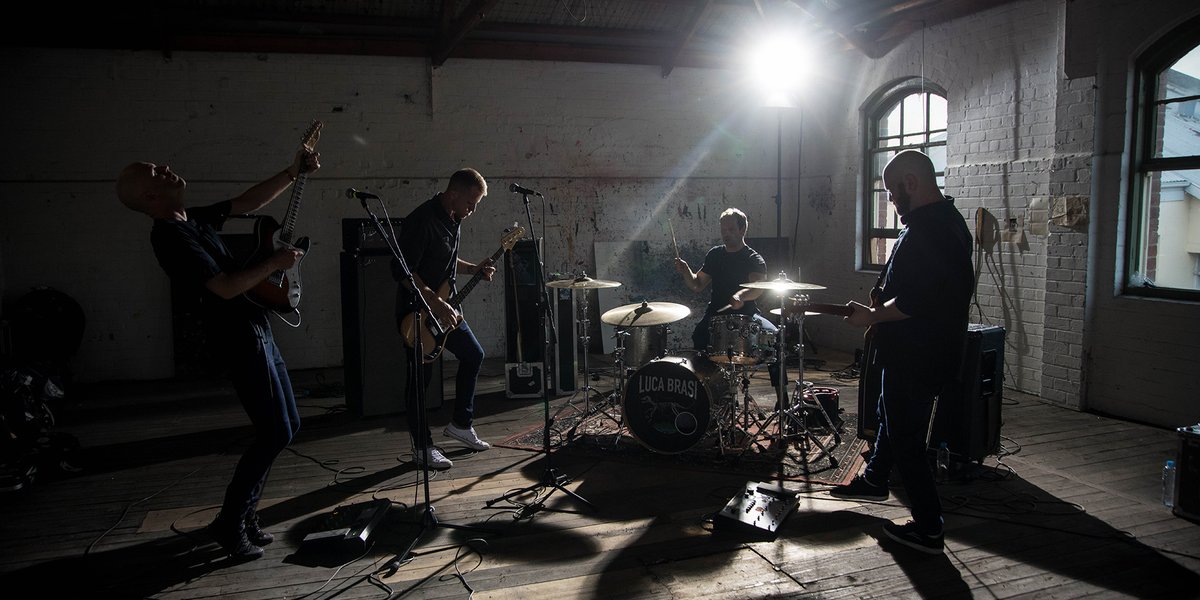
Luca Brasi
